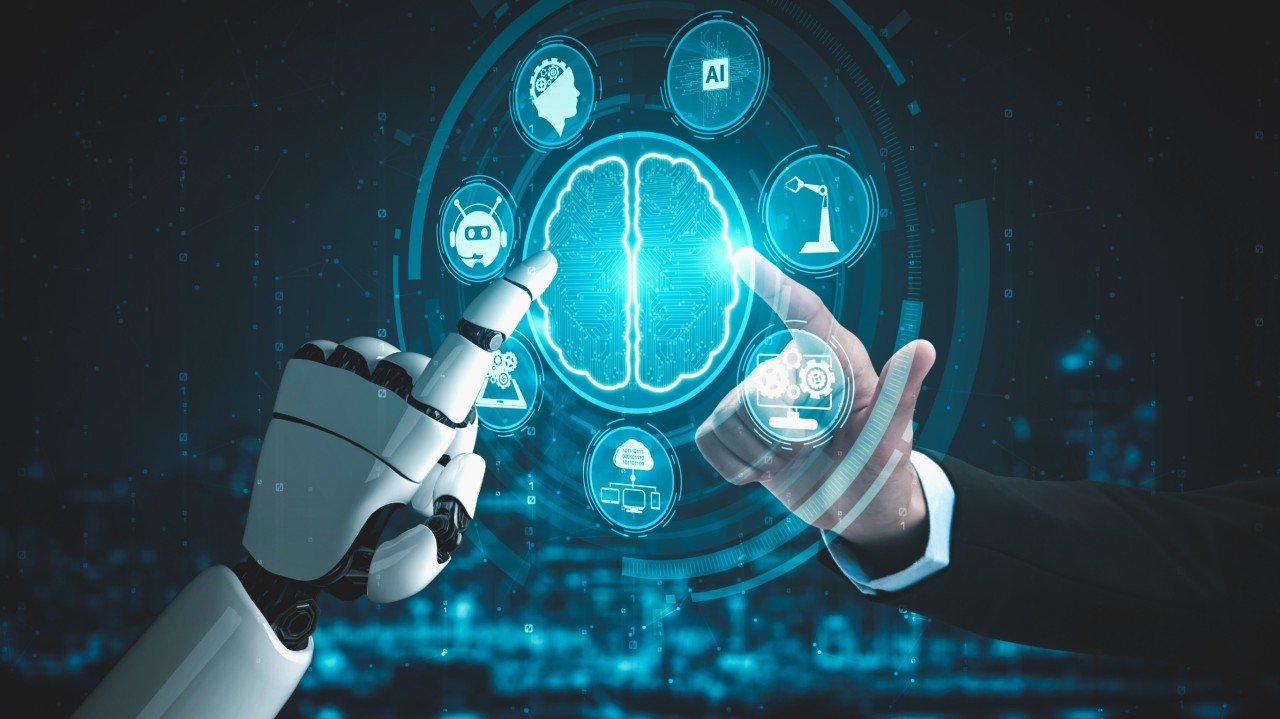In an era where artificial intelligence (AI) continues to burgeon, its implications on creative domains have been both revolutionary and disquieting. Generative AI models, which craft new content derived from existing data, have raised significant concerns among artists whose work is often used for training these models without consent. A new tool named Nightshade emerges as a vanguard, empowering artists to reclaim control over their creations from the clutches of generative AI.
Key Highlights:
- Nightshade is an open-source tool still in development aimed at safeguarding artists’ work from unauthorized AI utilization.
- It alters the pixels of images in a way invisible to the human eye but discernible by AI models, effectively “poisoning” the training data.
- The tool is crafted to thwart AI companies that exploit artists’ work to train their models without permission, thereby impacting future iterations of image-generating models adversely.
- Led by University of Chicago professor Ben Zhao, the team behind Nightshade envisages a landscape where artists can subtly alter their work to disrupt AI models if used without permission, rendering them ineffective.

Nightshade: The Artists’ Shield Against AI Exploitation:
Developed with an ethos of empowering the artist, Nightshade presents a nuanced approach to the escalating tension between AI and creative control. This tool, still under the aegis of development, offers a unique method for artists to protect their work before uploading it to the web by altering pixels in a manner that remains invisible to the human eye yet “poisons” the art for any AI models seeking to train on it.
Nightshade’s inception is grounded in the principle of combating AI companies that exploit artists’ work without consent to train their models. By deploying this tool, artists can “poison” the training data, which in turn damages future iterations of image-generating models like DALL-E, Midjourney, and Stable Diffusion.
The brainchild of a team led by University of Chicago professor Ben Zhao, Nightshade is engineered to disrupt AI models if the art is used without permission. This disruption is envisaged to cause AI models to malfunction and generate incorrect outputs, thereby providing a level of control and protection to the artists.
The broader implications of Nightshade’s advent underscore a pivotal stride towards establishing a balanced coexistence between AI technology and artistic integrity. While the tool is yet to be released to the public, its promise holds a beacon of hope for artists navigating the complex landscape of AI ethics and rights.
Nightshade heralds a significant development in the nexus between AI and artistic control. By enabling artists to “poison” the training data used by generative AI, it seeks to mitigate unauthorized exploitation of artists’ work, thereby heralding a new epoch of control and protection for creators in the digital realm.


















